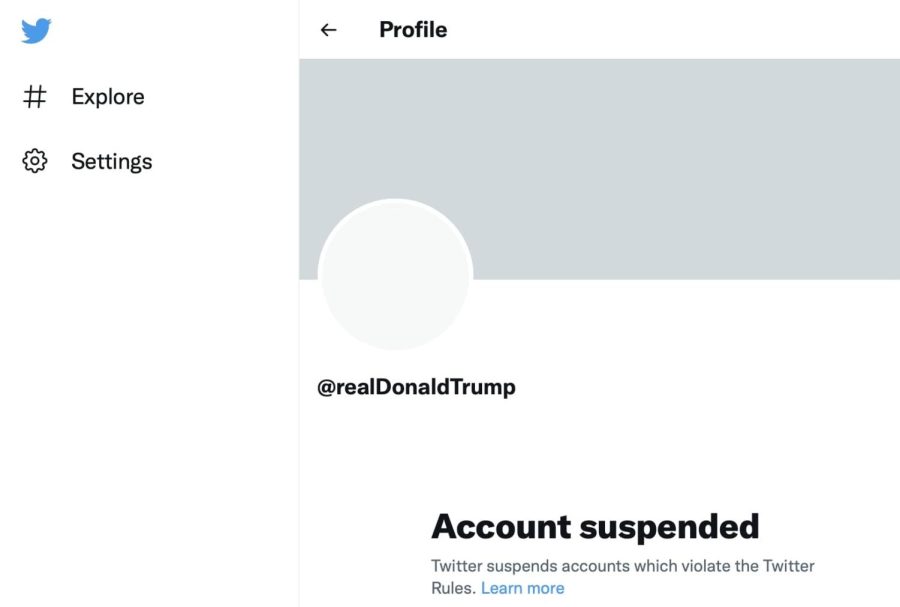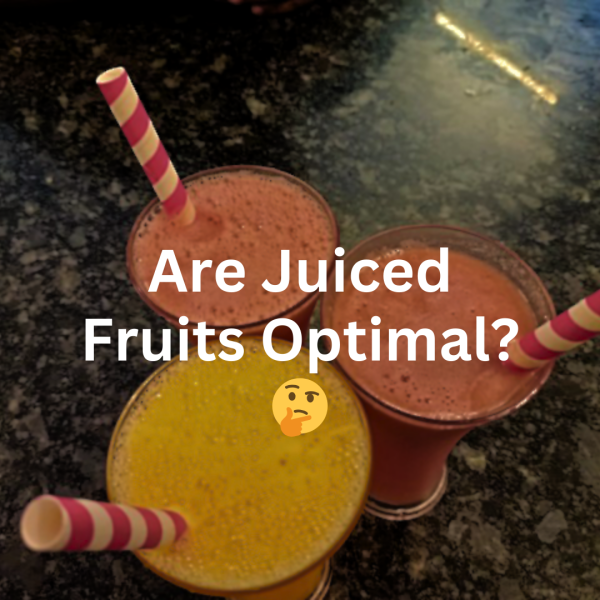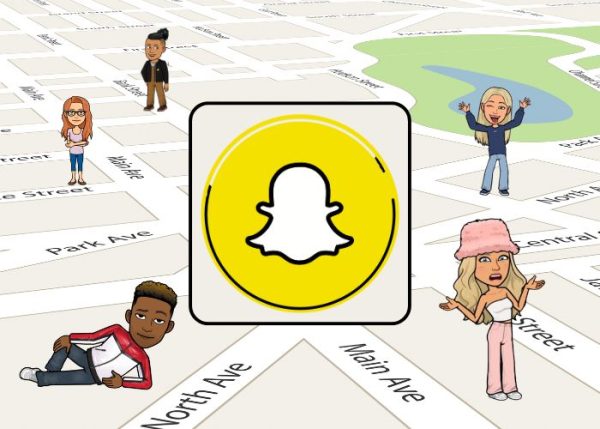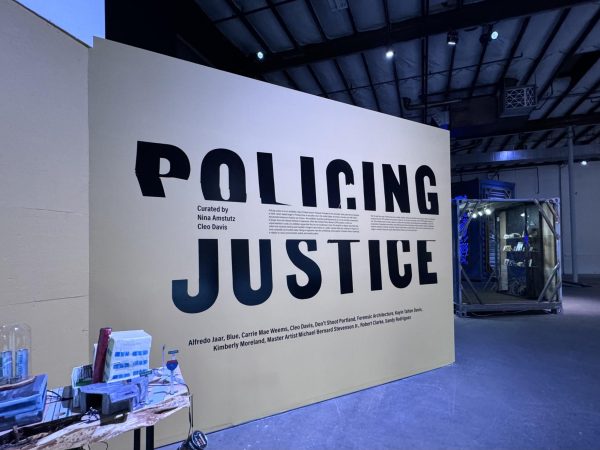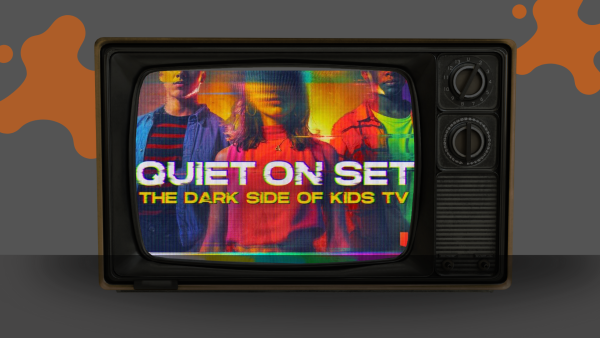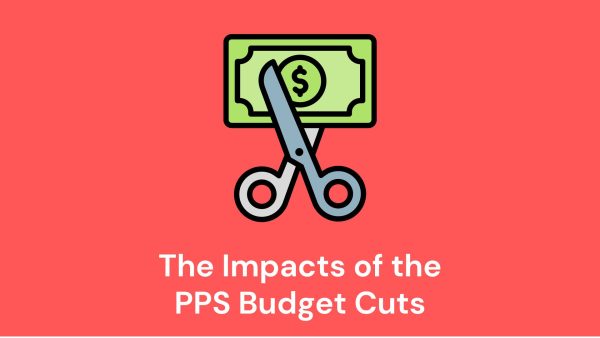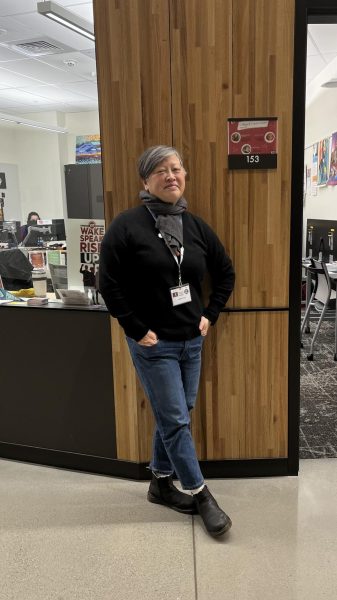Twitter bans: A violation of the First Amendment?
Donald Trump’s twitter page was banned on Jan. 8, 2021. But are these bans a violation of the First Amendment right to freedom of speech?
President Donald Trump, Marjorie Taylor Greene, Azealia Banks, Alex Jones and PewDiePie all have one thing in common: they have been either permanently or temporarily banned on the social media platform Twitter.
Be it celebrities, meme accounts or the President of the United States, Twitter does not discriminate when it comes to banning people who violate their guidelines.
Donald Trump was permanently banned from Twitter on Jan. 8, 2021, two days after the attack on the Capitol. Rationale for banning Trump was outlined on Twitter’s Official Blog.
“After close review of recent Tweets from the @realDonaldTrump account and the context around them — specifically how they are being received and interpreted on and off Twitter — we have permanently suspended the account due to the risk of further incitement of violence,” the Blog reads.
The ban of Trump on Twitter caused massive uproar in conservative communities, with many conservative pundits claiming Twitter had illegally limited freedom of speech and promoted censorship. Well-known conservative talk show host Tucker Carlson called the ban on Trump a “crackdown on America’s civil liberties.”
Marjorie Taylor Greene—U.S. representative for Georgia’s 14th congressional district—was recently banned on Twitter for violating the platform’s prohibition of spreading COVID-19 misinformation.
After Greene was banned, she turned to Telegram, an encrypted messaging app, to spread this message: “Twitter is an enemy to America and can’t handle the truth.”
American rapper Azealia Banks got banned from Twitter on May 12, 2016 following a salvo of racist and homophobic tweets aimed at singer Zayn Malik. Following her ban, Banks made at least six other Twitter accounts before she was IP banned by the platform.
The First Amendment is the most cited when it comes to bans on social media.
Sophomore Allison Corcoran, a member of Lincoln’s Constitution Team, is very familiar with the First Amendment.
“The First Amendment is one of the most famous [amendments],” Corcoran said. “It provides all Americans, regardless of citizenship, with the rights to freedom of speech, press, religion, assembly and petition.”
Corcoran doesn’t believe bans from Twitter are a violation of the First Amendment.
“Bans by social media companies are not protected under the First Amendment because the First Amendment protects people from the government, not from independent companies,” she said.
Sophomore Izzie Lee is also on Constitution Team. She agrees with Corcoran.
“Those who are banned are not completely deprived of a voice,” she said. “There are alternative platforms that they can elect to use.”

